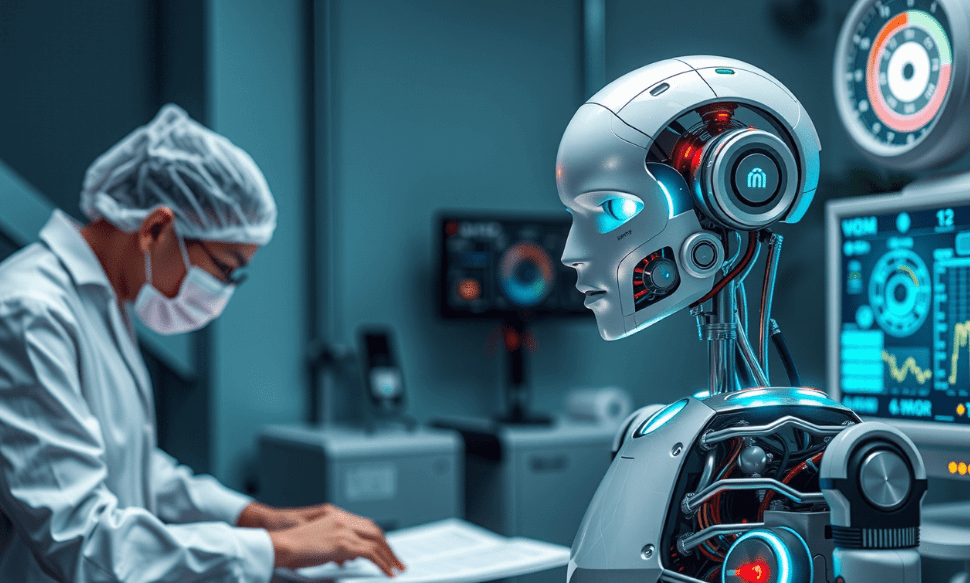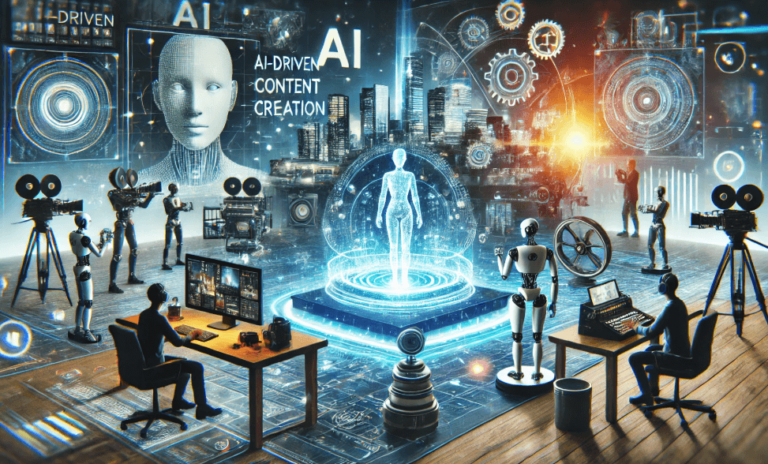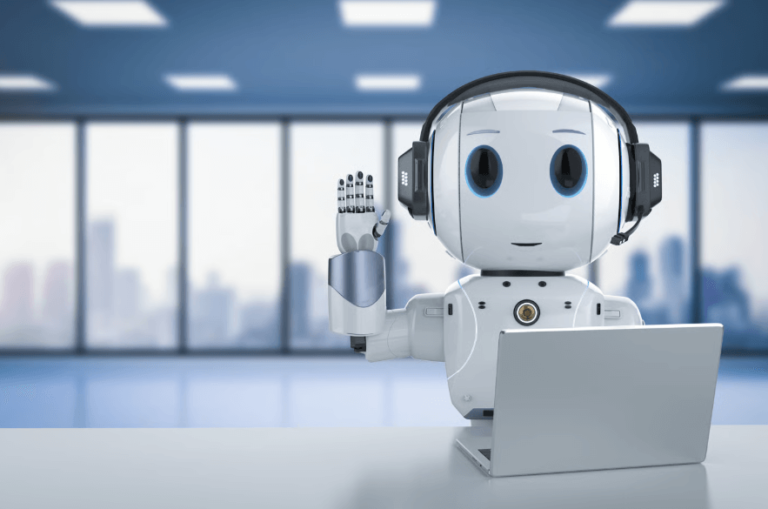How AI Is Shaping the Future of Healthcare
AI is increasingly influencing healthcare by improving diagnostic processes and personalizing treatment. Advanced algorithms enhance the accuracy of medical imaging and predictive analytics, facilitating faster condition identification. Moreover, machine learning allows for tailored care plans that consider individual patient profiles. However, the integration of AI in healthcare extends beyond diagnostics and treatment. The implications for operational efficiency and preventive medicine may redefine traditional healthcare paradigms. What might this mean for the future of patient care?
Enhancing Diagnostic Accuracy With AI
Recent studies indicate that AI technologies can significantly enhance diagnostic accuracy in healthcare settings.
By employing advanced AI algorithms, healthcare professionals can improve diagnostic tools that leverage medical imaging and predictive analytics.
These innovations facilitate quicker and more precise identification of conditions, ultimately empowering patients with better-informed choices.
As such, AI represents a transformative force in the quest for enhanced diagnostic capabilities.
See also: thelakewoodscoop
Personalizing Patient Care Through Machine Learning
While traditional healthcare models often adopt a one-size-fits-all approach, machine learning introduces a paradigm shift by enabling the personalization of patient care.
Through data-driven insights, healthcare providers can develop personalized treatment plans tailored to individual needs, preferences, and genetic profiles.
This shift not only enhances patient engagement but also improves treatment efficacy, ultimately fostering a more patient-centric healthcare environment.
Streamlining Healthcare Operations and Administration
The integration of artificial intelligence in healthcare extends beyond personalized patient care to encompass the optimization of operations and administration.
By automating scheduling, AI reduces administrative burdens, allowing healthcare providers to focus on patient interactions.
Additionally, optimizing resource allocation enhances efficiency, ensuring that staff and equipment are used effectively.
This transformation fosters a more agile healthcare system, ultimately improving patient outcomes and operational sustainability.
The Future of AI in Preventive Medicine and Research
As advancements in artificial intelligence continue to evolve, its potential to revolutionize preventive medicine and research becomes increasingly evident.
Predictive analytics will enhance risk assessment capabilities, enabling healthcare professionals to identify and mitigate health threats before they manifest.
This proactive approach not only fosters individual well-being but also empowers communities, allowing for a more informed, resilient society in the face of emerging health challenges.
Conclusion
In conclusion, the integration of AI into healthcare is akin to a finely tuned orchestra, where each component harmonizes to create a symphony of enhanced diagnostic accuracy, personalized treatment, and streamlined operations. As these technologies continue to evolve, they promise not only to improve patient outcomes but also to redefine the very essence of healthcare delivery. The future holds immense potential, paving the way for a more efficient, responsive, and patient-centered system that will ultimately benefit all stakeholders involved.






